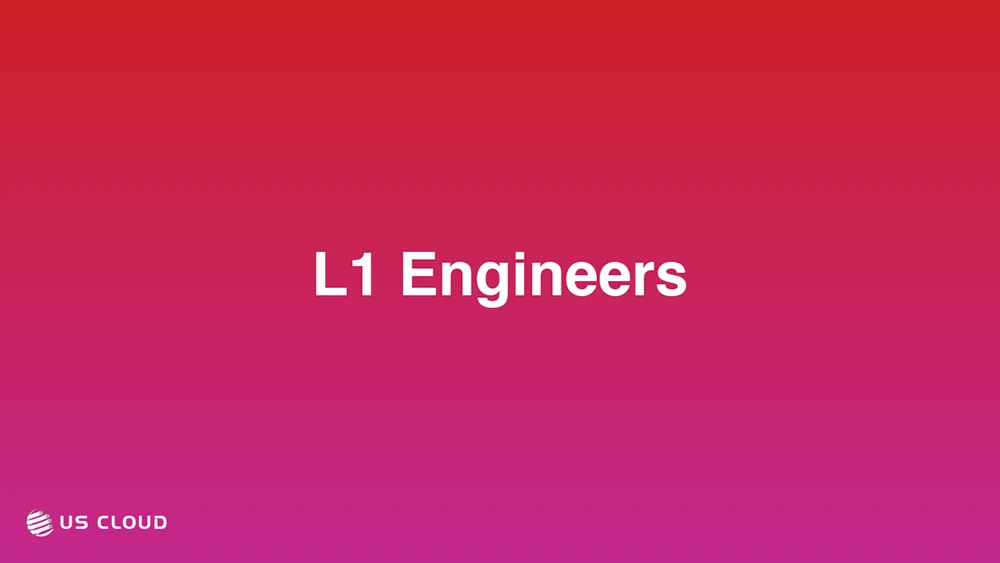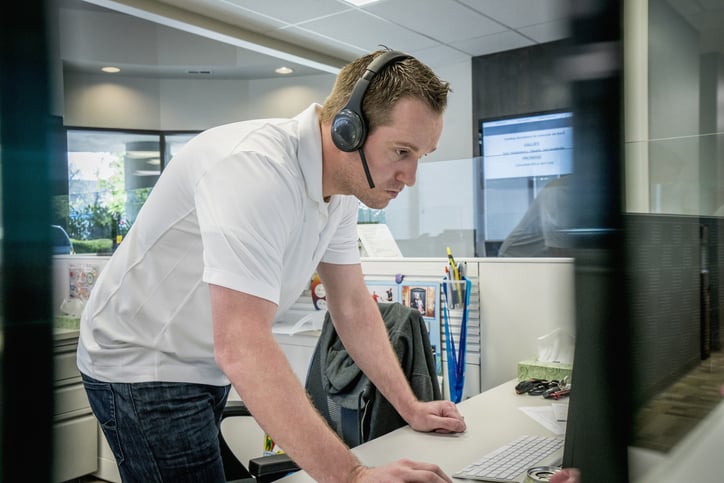Level 1 (L1) Engineers.

What is an L1 Engineer?
Level 1 Engineers, commonly referred to as L1 Engineers, are the frontline professionals in technical support teams. Their primary function is to serve as the first point of contact for customers experiencing issues with technology products, particularly those offered by Microsoft. These engineers are equipped with a broad knowledge base that allows them to handle common inquiries and troubleshoot frequent problems effectively.
The responsibilities of L1 Engineers include:
- Customer Interaction: They engage directly with customers through various channels such as phone calls, emails, and live chats. This interaction is crucial for understanding the customer’s issue and providing immediate assistance.
- Issue Identification: L1 Engineers are trained to gather relevant information from customers to identify the nature of their problems. This often involves asking specific questions to diagnose issues accurately.
- Basic Troubleshooting: They provide initial troubleshooting steps for common problems like password resets, software installations, and configuration issues. This helps resolve many issues without needing further escalation.
- Ticket Creation: If an issue cannot be resolved at this level, L1 Engineers create tickets for escalation to Level 2 support. This process ensures that more complex problems are addressed by technicians with specialized knowledge.
Overall, L1 Engineers play a vital role in ensuring customer satisfaction by efficiently managing initial inquiries and providing effective solutions for routine problems.
Responsibilities of L1 Engineers
The role of an L1 Engineer encompasses several key responsibilities that contribute to the overall efficiency of technical support operations. These responsibilities can be categorized into several areas:
- Customer Support: L1 Engineers must possess excellent communication skills to interact effectively with customers. They need to convey technical information clearly and empathetically, ensuring that customers feel heard and supported.
- Problem-Solving Skills: While they may not handle complex issues, L1 Engineers must be adept at following standard operating procedures (SOPs) for troubleshooting common problems. This requires a solid understanding of frequently encountered technical issues.
- Documentation and Reporting: Accurate documentation is essential in technical support. L1 Engineers must maintain detailed records of customer interactions, issues reported, and resolutions provided. This information is crucial for tracking recurring problems and improving service quality.
- Collaboration with Other Support Levels: Effective collaboration with Level 2 and Level 3 engineers is vital. L1 Engineers must know when to escalate issues and provide all necessary information to facilitate a smooth transition.
By fulfilling these responsibilities, L1 Engineers ensure that customer issues are addressed promptly and efficiently, contributing significantly to the overall success of the technical support team.
Skills Required for L1 Engineers
To excel as an L1 Engineer, individuals must possess a combination of technical knowledge and soft skills. Here are some essential skills required for this role:
- Technical Proficiency: A foundational understanding of Microsoft products and common IT issues is crucial. Familiarity with operating systems, software applications, and basic networking concepts enables L1 Engineers to troubleshoot effectively.
- Communication Skills: Strong verbal and written communication skills are necessary for interacting with customers. L1 Engineers should be able to explain technical concepts in simple terms and actively listen to customer concerns.
- Analytical Thinking: The ability to analyze information quickly and identify potential solutions is vital. L1 Engineers must assess customer problems accurately and determine the best course of action.
- Patience and Empathy: Dealing with frustrated customers requires patience and empathy. L1 Engineers should approach each interaction with a positive attitude and a willingness to help.
These skills not only enhance the effectiveness of L1 Engineers but also contribute to a positive customer experience, fostering trust and loyalty towards the support team.
Challenges Faced by L1 Engineers
Despite their critical role in technical support, L1 Engineers encounter various challenges that can impact their performance:
- High Volume of Inquiries: Frontline support often deals with a large number of customer inquiries daily. Managing this volume while maintaining quality service can be overwhelming.
- Limited Technical Knowledge: While they address many common issues, L1 Engineers may sometimes struggle with more complex problems that require deeper knowledge or specialized skills.
- Escalation Pressure: Knowing when to escalate an issue can be challenging. If they escalate too soon or too late, it can lead to customer dissatisfaction or prolonged resolution times.
- Customer Expectations: Customers often expect immediate solutions. Balancing these expectations while adhering to proper troubleshooting protocols can be difficult for L1 Engineers.
By recognizing these challenges, organizations can provide better training and resources to support their L1 teams, ultimately improving service quality and customer satisfaction.
Conclusion
Level 1 Engineers are essential components of any technical support team, serving as the first line of defense against customer inquiries. Their ability to communicate effectively, troubleshoot common issues, and escalate more complex problems ensures that customers receive timely assistance. Despite facing challenges such as high inquiry volumes and limited technical knowledge, their contributions significantly enhance overall customer satisfaction.
Investing in training and resources for L1 Engineers not only empowers them but also strengthens the entire support structure within an organization. As technology continues to evolve, the role of these frontline professionals will remain crucial in delivering exceptional service experiences for users across various platforms.
